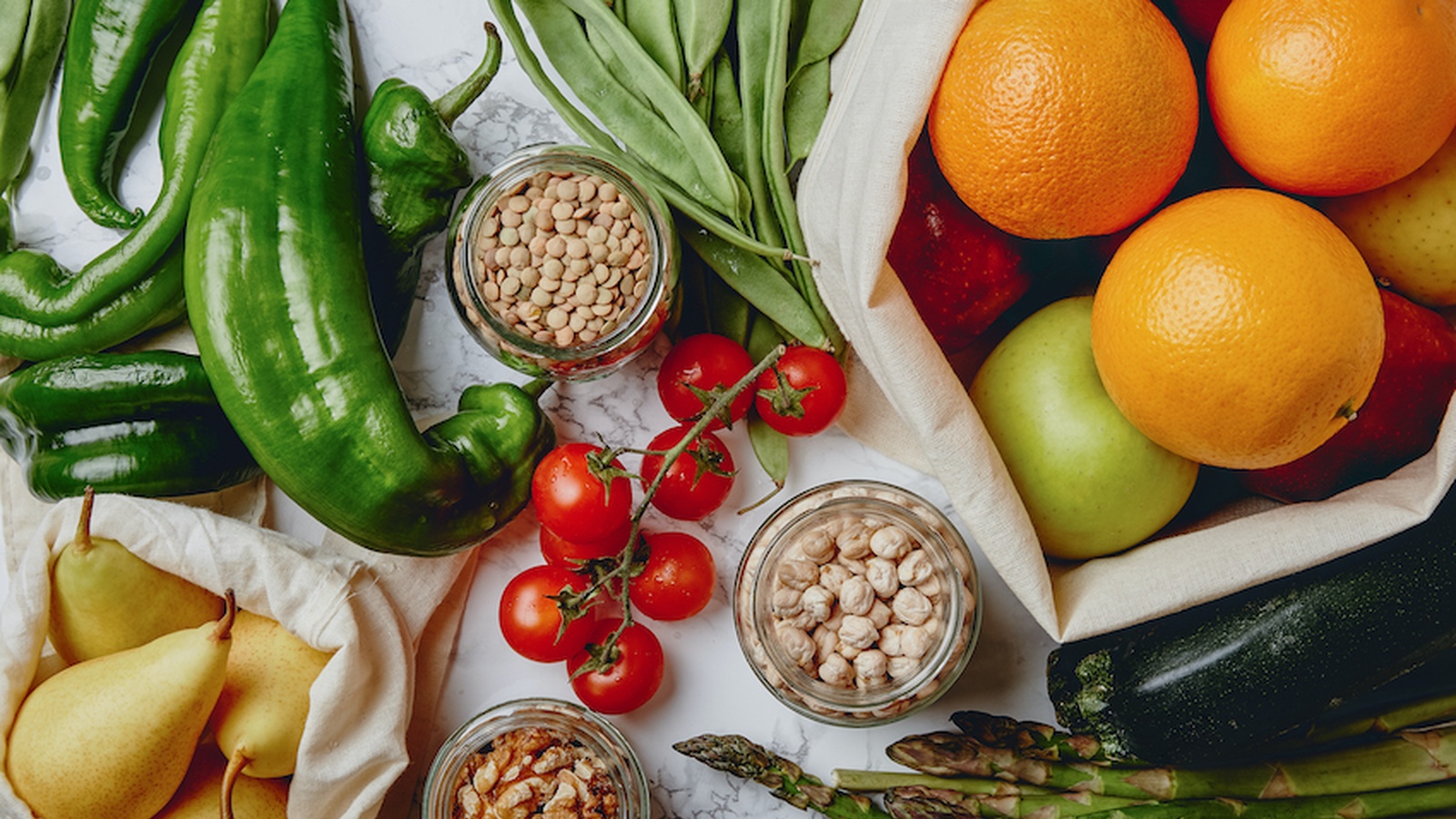10 Ways To Save Money In The Kitchen And Save The Planet
Looking to reduce your impact on the environment and save money? Making your kitchen more eco-friendly helps both the planet and your bank account! Use the tips below to save money in the kitchen and help save the planet.
1. Plan Meals in Advance
A little planning goes a long way! Set aside time each week to plan your meals. List exactly what ingredients you’ll need for each meal and add them to your grocery list. This step alone will help you avoid unnecessary purchases at the store. Having a weekly menu also reduces the temptation to order take out or go out to eat.
2. Eat Leftovers
Got a recipe you can’t get enough of? Why not cook a larger quantity and enjoy it for days to come! There are many advantages to eating leftovers. First off, it saves you time and money by cutting down on trips to the grocery store and the hours you spend cooking. Eating leftovers also helps the planet because you’re limiting the amount of food you buy, and not wasting the food you prepare.
3. Reuse Kitchen Scraps
Many kitchen scraps can be reused and repurposed for different recipes. For instance, you can use leftover vegetables or chicken bones to make homemade broth and stock.
Some other ways I repurpose old food is turning stale bread into croutons for salad and using overripe bananas to make banana bread. Look for ways you can use foods that you would otherwise throw out for different dishes. Check out the Zero Waste Chef for more ideas on how to reduce food waste.
4. Make Homemade Sauces and Condiments
Buying common sauces, and condiments like mustard and salad dressing can add up. Plus, most of these items come in single-use plastic containers which are awful for the environment.
Instead of buying condiments at the store, try making them from scratch. There are a ton of homemade recipes online that are fun and taste better than the bland sauces you’d normally buy!
5. Skip the Dry Cycle on your Dishwasher
Kitchen appliances are no doubt convenient, but the energy they use has a negative impact on the environment… not to mention makes your electric bill shoot up! Thankfully, there are ways to enjoy these items while minimizing their negative side effects.
One way to do this is to skip the “dry cycle” on your dishwasher. When it’s time for your dishes to dry, simply open your dishwasher door or grab yourself a drying rank and let the dishes dry off naturally.
6. Don’t Store Hot Items in your Refrigerator
Like your dishwasher, your refrigerator zaps up a lot of energy in the kitchen. There are a number of ways to reduce the amount of power your fridge uses. For a quick win, a great tip is to ensure your fridge or freezer temperature isn’t set too high. The most efficient temperature setting for your freezer is -18°C and your fridge between 2°C and 5°C. It’s also important to leave some space around the back of your fridge or freezer for air to circulate.
Another quick win is to stop putting hot food in the fridge. Warm items increase the temperature in your refrigerator. This causes your fridge to use more power to bring the temperature down to normal. Next time you want to store hot leftovers, let them cool down first before putting them in your fridge.
7. Unplug Kitchen Appliances that aren’t in use
Keeping items plugged into an outlet uses energy; even if they’re not turned on. How many kitchen appliances do you keep plugged in when they’re not in use? While you may not be able to power off your refrigerator, there are many smaller appliances that you can unplug.
Look around your kitchen and see what appliances you leave plugged in. You’ll be surprised at how many you find. Some common ones I’ve noticed are microwaves, coffee makers, and toasters. This may sound trivial, but little steps like this can add up to significant savings.
8. Stop Using Paper Towels
How often do you buy paper towels? When I crunched the numbers, I was shocked to learn how much I spent. Removing paper towels from your kitchen saves you a ton of money. Plus paper towels are one of the most wasteful single-use products you can buy!
Instead of cleaning your kitchen with paper towels, invest in a set of kitchen towels. If you’re really looking to go green you can also cut up old clothes or bed sheets and use them as DIY kitchen towels. Leave a basket of rags on your counter and reuse them over and over.
9. Bulk Bin Shopping
Shopping at the bulk bin section of your grocery store is a great way to save money. You can get discounted prices on items like rice, spices, and dried fruit when you buy in bulk. Bulk bin shopping also helps you avoid the plastic packaging that many of these items come wrapped in. Most stores offer plastic produce bags to use for the bulk bin section, so by grabbing some reusable bags you can avoid contributing to the plastic bag problem.
10. Start a Garden
Gardening is a cheap alternative to buying produce at the store. It also limits the negative impact shipping produce has on the environment. Not only that, it feels great knowing you are cooking with fresh, organic ingredients.
If you don’t have space for a garden in your home, try looking for community gardens in your area. I can’t recommend community gardening enough! It’s a sustainable way to grow food and helps you connect with the people in your neighborhood.
Saving money and saving the planet go hand in hand. Use one of the suggestions above to help the environment while cutting down costs in your kitchen!
What are your tips to save money in the kitchen? Share with us below!
Discover how to lose excess fat from your belly, face & thighs in less than 7 days with this simple ancient practice. Watch the Detox Masterclass here. Playing for a limited time!


